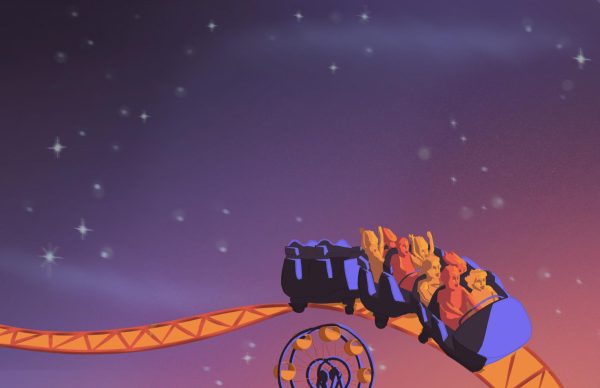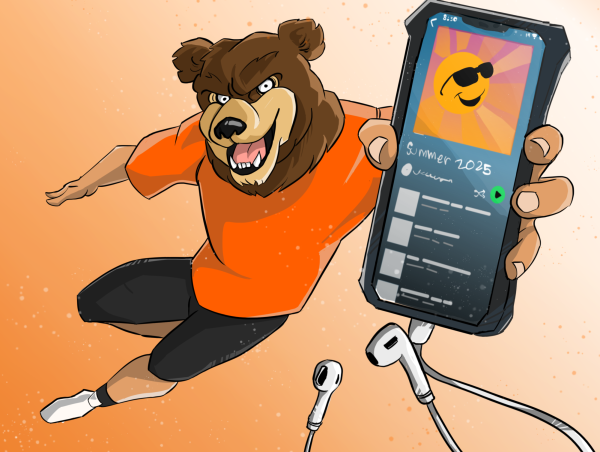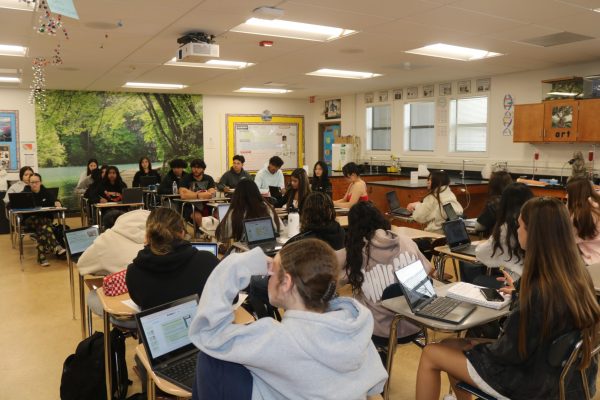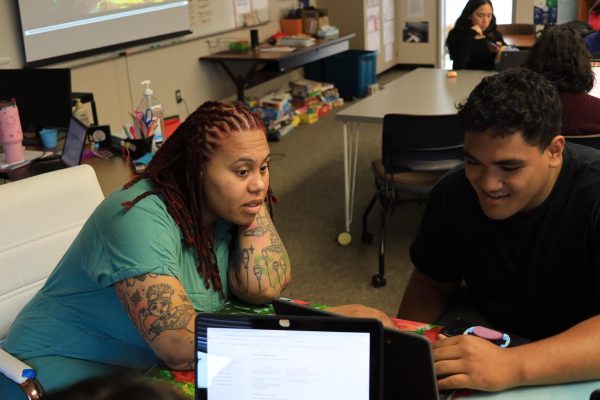Stereotypes pose a serious danger to American values
Many students can say that at one point in their high school careers, they have somehow been generalized into a forced stereotype based upon their ethnicity, sexuality, gender, or other such aspects of their personality and identity.
The act of stereotyping is when someone generalizes the way people act or the things they enjoy based on a characteristic that belongs to them.
Asian-Americans are expected to be math geniuses and play multiple instruments. Homosexuals are expected to dress well and be flamboyantly feminine. The list goes on.
Stereotyping can apply to everything from sexual orientation to age. But, there is a certain point where such stereotypes stop being an annoyance and become offensive – maybe even dangerous.
For example, many African-Americans are commonly linked with crimes and people from the Middle East are commonly called terrorists.
Junior Gurshan Siddhu believes the issue is present very clearly at Cal High.
“I’ve heard a lot of racist remarks towards me,” said Siddhu, who is Indian-American. “It’s pretty messed up.”
Siddhu believes the issue is not so temporary, but is rather built into the way that our nation is structured.
“That’s the way society works,” said Siddhu. “People just do what’s easier. And it’s easier to just put someone into a category rather than actually get to know them.”
The most prominent use of stereotypes recently comes from Donald Trump’s campaign and presidency. All throughout Trump’s campaign, he categorized immigrant Hispanic people as murderers and rapists.
“They’re bringing drugs. They’re bringing crime. They’re rapists,” said Trump, the Washington Post reported.
Since being elected, Trump signed an exective order on Jan. 27 that temporarily banned US entry to anyone from seven predominantly Muslim countries.
The ban was supposed to be for 90 days and included people with US green cards, which indicates proof of permanent residence.
Protests emerged across the nation after the controversial executive order, which was dubbed the “Muslim ban” and later ruled unconstitutional in the courts.
Protesters cried that the order was discriminatory and stereotyped Muslims from these countries as terrorists.
Trump and his supporters defended the order, arguing it was not a “Muslim ban” but a necessary precaution to protect against terrorism.
But the background behind the executive order shows a strong use of stereotypes. Trump has essentially declared a ‘war on Islam.’
“Is there a war between the West and radical Islam, or between the West and Islam itself?” CNN’s Anderson Cooper recently asked.
Trump said it was both.
“It’s very hard to separate,” said Trump, reported The Atlantic.
It seems as if the entire nation is at unrest. Racial tensions have risen as political decisions involving immigration are addressed.
Hispanics are being stereotyped more than ever as rapists, “fence hoppers” and people who steal American jobs. But psychology teacher Brandon Quick believes tthe issue of systemized stereotyping is not getting worse.
He thinks more people are just speaking their minds.
“I believe that recently people have been able to be more open to show their prejudice,” said Quick. “The nation is becoming a safer place to express your opinions, and people are able to do so without being vulnerable.”
Through social media, the world is becoming more aware of worldwide instances of stereotyping. Often, people witness a shaky cell phone camera video of a police officer brutally taking down an African-American man who is assumed to be committing a crime.
Stereotypes are not exclusive to race and stem from many discriminatory, misogynist, homophobic, and other harmful misconceptions society still struggles with today.
“People always say that since I’m a girl, I shouldn’t have short hair or an athletic physique,” said freshman Lajolie Beugre. “I think it’s pretty ridiculous.”
The idea of stereotyping has been an issue in the US ever since its conception. In fact, a link between stereotyping and hate crimes is universally recognized.
“All forms of stereotyping [are harmful] because it is based upon something that is not true,” Quick said.
Students agree.
“One time I brought fruit for a class potluck, and everyone started making those jokes about how I love watermelon,” said senior Miles House, an African-American referring to the common stereotype about black people. “It was pretty dumb.”
Band teacher Kent Johnson believes people stereotype from past experiences they use as a reference for future similar encounters.
“Many students and even teachers assume because I am a teacher and gay, I have to be a Democrat,” said Johnson, a registered Republican.



